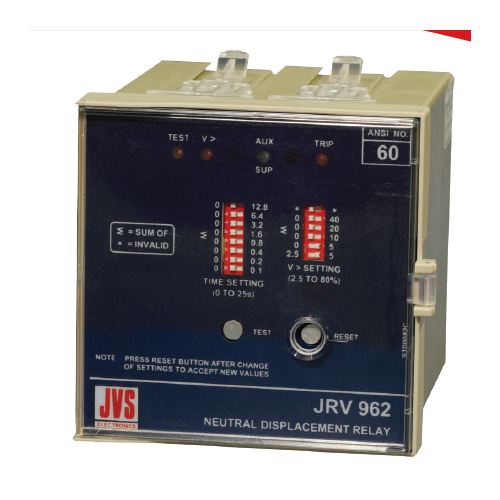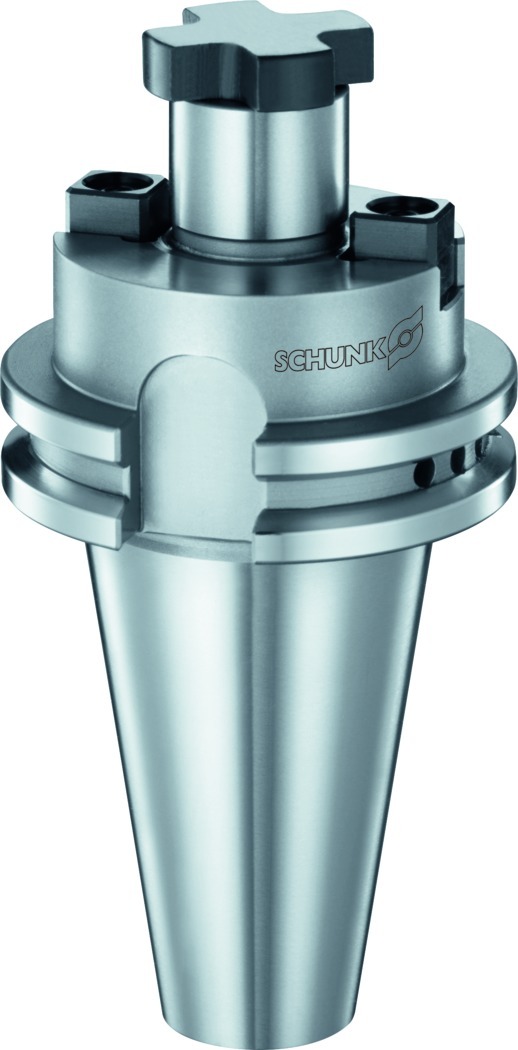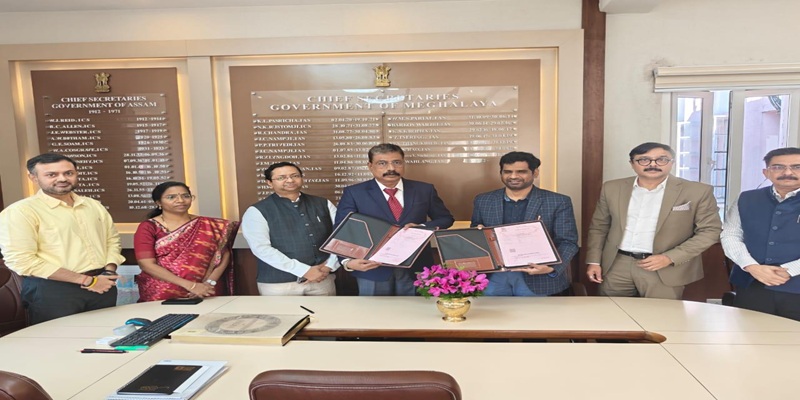Schedule a Call Back
Energy Saving Hydraulic Systems
 Technical Articles
Technical Articles- Jun 02,11

The topical worldwide trend of reducing energy consumption has led to the development of new "Energy saving" solutions in the hydraulic sector consisting of power units equipped with hydraulic pumps driven by an electric motor + inverter (Figure 1) for the control of the rotation speed. The electric motor is coupled to a fixed displacement pump and the relevant speed variation allows to obtain a variable flow rate according to actual needs of the circuit, thus reducing the overall power consumption.
These new solutions are alternative to the modern electrohydraulic systems, in which the hydraulic power generation is performed by a pump-motor group consisting of a traditional electric motor coupled to an axial piston servopump with integral digital P/Q control (Figure 2) able to proportionally regulate both flow and pressure of the circuit, i.e., both speed and force (torque) of hydraulic linear (rotary) actuators.
 Scoda - Atos Systems Division - carried out an outstanding R&D activity in order to steer the choice of end users into the a.m. alternative modern, performing and "energy saving" solutions.
Scoda - Atos Systems Division - carried out an outstanding R&D activity in order to steer the choice of end users into the a.m. alternative modern, performing and "energy saving" solutions.
In-house dynamic tests have highlighted that the response time of inverter drive systems range from 500ms up to
1500 ms, i.e., 2 ? 5 times higher than the ones obtained by digital servopumps, at the same power and flow rate test conditions. In order to achieve some improvements, it is possible to use "high dynamic" motors, though they are out of the standard range of running products and therefore available only at high purchasing prices. Moreover, the progressive wear of the electric motor affects its response times, getting worse and worse with time.
 Inverter drives provide limited accuracy and repeatability (?3% of full scale) while applications with digital servopumps are able to perform up to ?0.5% of full scale. Expensive closed loop servomotors with built-in rotative position transducers and integral inverter are used to improve system performances (Figure 3). Nevertheless, combined flow and pressure controls are easily performed by digital servopumps, whilst inverters need an additional proportional valves for pressure control. Inverters allow to boost the nominal speed of the motor, but the reduction of the output torque limits the pressure provided by the pump, and the use of the "current boost" device is limited with time. On the other side, the possibility to reduce the motor's nominal speed results in a lower capability to dissipate the output power, thus requiring the motor's servoventilation.
Inverter drives provide limited accuracy and repeatability (?3% of full scale) while applications with digital servopumps are able to perform up to ?0.5% of full scale. Expensive closed loop servomotors with built-in rotative position transducers and integral inverter are used to improve system performances (Figure 3). Nevertheless, combined flow and pressure controls are easily performed by digital servopumps, whilst inverters need an additional proportional valves for pressure control. Inverters allow to boost the nominal speed of the motor, but the reduction of the output torque limits the pressure provided by the pump, and the use of the "current boost" device is limited with time. On the other side, the possibility to reduce the motor's nominal speed results in a lower capability to dissipate the output power, thus requiring the motor's servoventilation.
Inverter systems permit an energy saving of about 10% compared to electrohydraulic systems, with an investment's pay-back period of minimum 24 months, even taking in count the actual tax relief available for users of inverter solutions. In order to reduce the power consumption of electrohydraulic systems, besides variable displacement pumps, also accumulator stations (Figure 4) can be used: since they supply the peaks of required power, the power units can be sized just in accordance with the average requirements of the working cycle. Summarising, there is not the "best" solution, but simply the most suitable one, according to the specific characteristics of the involved system or machine. Inverter solutions have lower accuracies and higher response times, but they provide consistent energy savings without the need of accumulators, that make the hydraulic circuit of simple machines too sophisticated and expensive. Otherwise electrohydraulic solutions are ideal for the applications where performances and dynamics are a must, and the energy saving is a valuable option. Each engineer will select the most suitable solution according to his requirements, optimising it with the technical support from Scoda's specialists.
Related Products

Single Pole, Neutral Displacement Relay
JVS Electronics
Pvt Ltd offers a wide range of single pole, neutral displacement relay -
JRV 962.

Face Mill Arbors
Schunk Intec India Pvt Ltd offers a wide range of face
mill arbors.

Hardy - Chassis Mounted Weighing Card for Rockwell PLCs
Kore Mechatronics Private Limited offers a wide range of
hardy - chassis mounted weighing card for Rockwell PLCs.
















